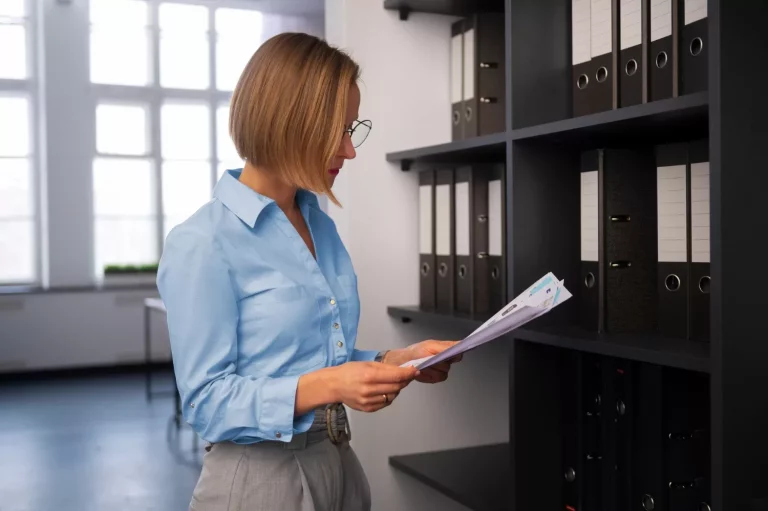Divorce without Court: Is it Possible?
Have you ever wondered if you can get a divorce without going to court? At TheBostonDivorceLawyer, we specialize in helping clients navigate the divorce process without stepping foot in a courtroom. Find out how you can end your marriage amicably and efficiently with our expert guidance.
As stated in “Divorce Without Court: A Guide to Mediation & Collaborative Divorce” by Katherine Stoner, it is possible to get a divorce without going to court through mediation or collaborative divorce processes. These alternative methods allow couples to work together with the help of neutral professionals to reach a mutually-agreeable settlement without the need for litigation. By using these methods, couples can avoid the time, expense, and emotional stress of traditional court proceedings.
Divorce without court
Absolutely, I found out that you can actually get a divorce without ever having to go to court.
Keeping it real, this process is often called an uncontested or mediated divorce. In this kind of divorce, both partners cooperate to agree on issues like dividing property, child custody, and spousal support. They can resolve these issues through mediation, negotiation, or collaborative law.
Mediation is one way for couples to divorce without going to court. In mediation, a neutral person, called a mediator, helps the couple discuss and negotiate to reach an agreement. The mediator doesn’t make decisions but helps the couple come to their own agreement.
Come to think of it, collaborative law is another option. Each spouse hires their own lawyer, but both agree to settle their issues outside of court. The lawyers assist the couple in negotiating a fair settlement. If they can’t agree, the lawyers must step down, and the couple will need to proceed with a traditional court-based divorce.
Requirements for divorce
If you think about it, the rules for getting a divorce without going to court can differ depending on where you live. One important rule is that both people must agree to the divorce and be willing to work together during the process.
In some places, you must have lived apart for a certain amount of time before you can get a divorce without going to court. This time apart is meant to help you think about your decision and see if you can work things out.
Honestly, another rule is that you both need to agree on how to split your things, pay off shared debts, and take care of any children. Sometimes, you might need help from a mediator to come to this agreement.
Negotiating settlements
As indicated at the outset when my spouse and I decided to divorce, we discovered that we could negotiate a settlement without ever having to step foot in a courtroom.
In other words, this means talking and agreeing on things like splitting up belongings, deciding who takes care of the kids, and arranging support payments. Working out a deal together can save you the hassle and cost of going to court.
Good communication is very important. Both sides need to listen to each other’s worries and be ready to make compromises. Getting help from a mediator or lawyer can make the talks go smoother and ensure you cover all important points. Believe it or not, try to stay calm during discussions and aim for a fair solution for both sides. This might mean giving up some things to reach a deal. It’s also important to think about what’s best for any children involved and put their needs first.
Once you both agree, put it in writing and submit it to the court for approval. This makes sure the agreement is legal and enforceable. While negotiating a divorce can be tough, it can help both people move on in a friendlier and more cooperative way.
Mediation process
For real, when getting a divorce, couples can use mediation to sort out key issues like child custody, visitation, and dividing property. A mediator, who is a neutral person, helps them talk and compromise. This way, the couple can decide on their own terms and avoid going to court.
Mediation is usually cheaper and quicker than a court case. It also helps the couple keep a better relationship, which is especially good when they have kids. Believe it or not, both people can share their concerns and wishes during mediation, and they work together to find solutions they both agree on.
The mediator doesn’t decide for them but helps them find common ground. If they agree on things during mediation, they can create a legally binding document to submit to the court. However, if mediation doesn’t work and they can’t agree, they might still need to go to court to finalize their divorce.
Filing for divorce
You know, some people wonder if they can get a divorce without going to court. The answer is yes, in some cases, it’s possible to finalize a divorce without ever stepping into a courtroom.
One way to do this is through mediation. In mediation, a neutral third person helps the couple agree on how to divide their assets, handle child custody and visitation, and other divorce-related matters. Mediation is often friendlier and cheaper than going to court.
Another option is a collaborative divorce. In this case, both people work with their own lawyers to agree on a settlement. For real, this approach can be more cooperative and less confrontational than the usual court process.
Some states also allow uncontested divorces. In an uncontested divorce, both parties agree on everything, like dividing assets, child custody, and support. They write this agreement and file it with the court.
Even if they don’t go to court, couples may still need to file paperwork with the court to finalize the divorce. It’s always a good idea to talk to a lawyer to figure out the best way to handle your situation.
My Concluding Thoughts
Repeating past discussions, in conclusion, it is possible to get a divorce without going to court through methods such as mediation or collaborative law.
What TheBostonDivorceLawyers is stressing is the need for these alternative dispute resolution options that can help couples resolve their issues amicably and efficiently. By choosing these methods, couples can avoid the stress and expense of a court battle and reach a mutually agreeable settlement.
References
Here is the literature that I was using for drafting this article:
- “Divorce Without Court: A Guide to Mediation and Collaborative Divorce” by Katherine Stoner, Nolo, Katherine Stoner
- “The Complete Guide to Divorce Law” by Nihara K. Choudhri, Random House, Nihara K. Choudhri
- “Divorce Without Court: A Guide to Mediation and Collaborative Divorce” by Katherine Stoner, Nolo, Katherine Stoner







